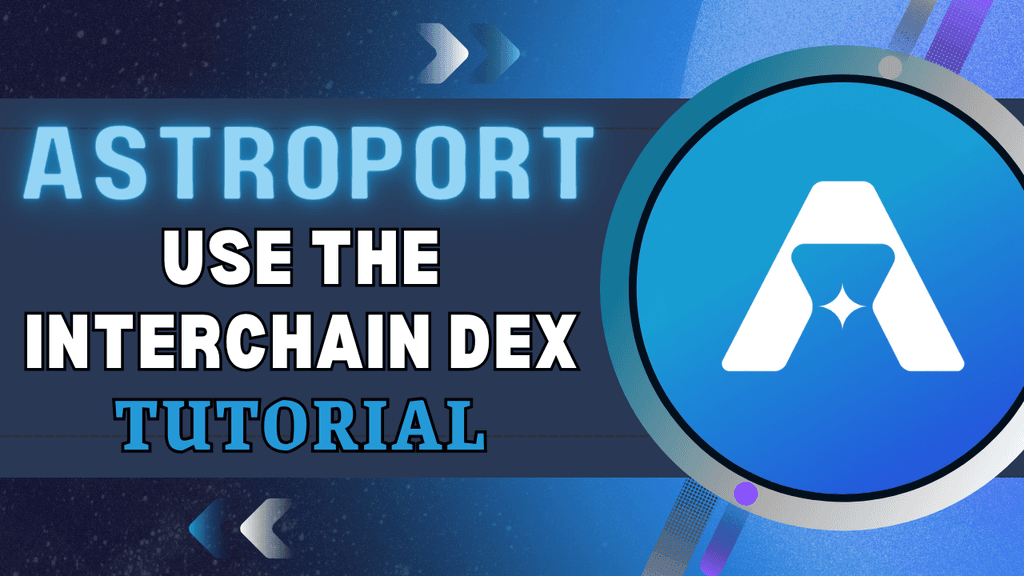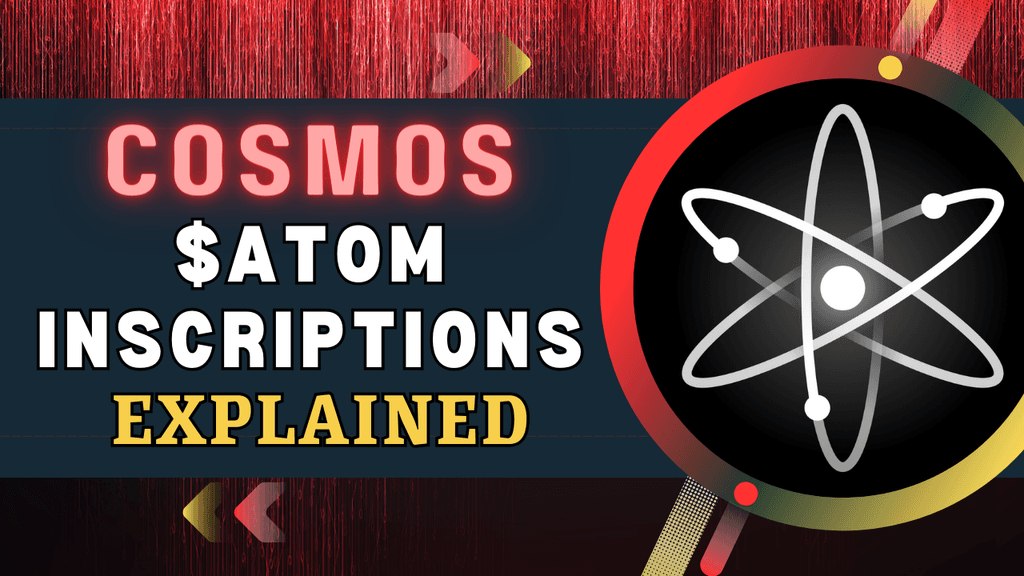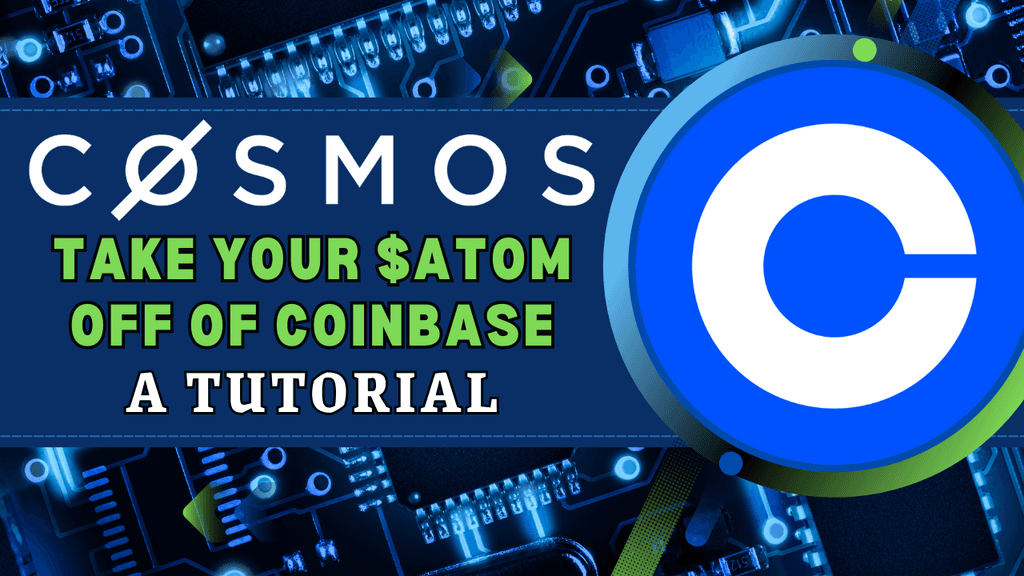Introduction and Launch of Astroport
Astroport, a decentralized and permissionless marketplace for digital assets, emerged as a public platform governed by its community of token holders. This open-source marketplace offers a neutral trading environment accessible to a global audience. Astroport’s journey began with its announcement on November 17, 2021. The platform initiated its launch in two phases, starting on December 14, 2021, with a “lockdrop,” followed by the launch of the ASTRO-UST Bootstrapping Pool on December 21, 2021.
Core Features and Technological Advancements
Astroport stands out with its unique features:
- Programmable liquidity
- Development in Rust for robust performance
- Integration with oracles
- Compatibility with decentralized applications (dApps)
Astroport combines advancements from six years of Ethereum blockchain development and adapts them to multiple







